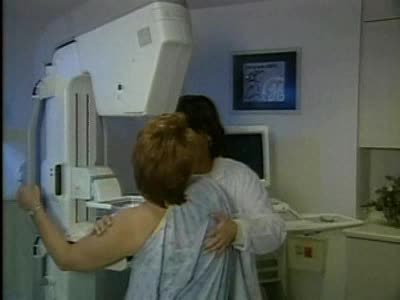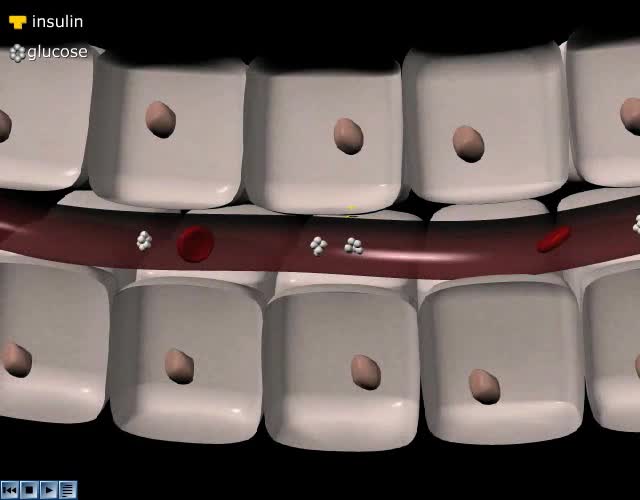Search Results
Results for: 'American robin'
Global warming and its effect on climate change
By: HWC, Views: 10630
Global warming, habitat destruction, and pollution are all hot topics in the news. Environmentalists are concerned that many of these factors will lead to the loss of species. But how will this happen? One way to think about the environment is as a finely-tuned, high performance engine. If one...
By: Administrator, Views: 14221
Cancer refers to any malignant tumor. Incidence of cancer is five times higher than 100 years ago. Strikes 1 of every 3 Americans. Has become one of the more treatable of the major diseases in the U.S. Highly advanced surgical techniques Chemotherapy and radiation therapy Immunotherapy and ...
By: Administrator, Views: 408
Mammography (also called mastography) is the process of using low-energy X-rays (usually around 30 kVp) to examine the human breast for diagnosis and screening. The goal of mammography is the early detection of breast cancer, typically through detection of characteristic masses or microcalcificat...
By: Administrator, Views: 14254
Deaf culture is the set of social beliefs, behaviors, art, literary traditions, history, values, and shared institutions of communities that are influenced by deafness and which use sign languages as the main means of communication. When used as a cultural label especially within the culture, the...
Dissociative Disorders (Part 3)
By: Administrator, Views: 13978
Dissociative disorders (DD) are conditions that involve disruptions or breakdowns of memory, awareness, identity, or perception. People with dissociative disorders use dissociation as a defense mechanism, pathologically and involuntarily. Some dissociative disorders are triggered by psychological...
Dissociative Disorders (Part 2)
By: Administrator, Views: 13959
Dissociative disorders (DD) are conditions that involve disruptions or breakdowns of memory, awareness, identity, or perception. People with dissociative disorders use dissociation as a defense mechanism, pathologically and involuntarily. Some dissociative disorders are triggered by psychological...
Dissociative Disorders (Part 1)
By: Administrator, Views: 14028
Dissociative disorders (DD) are conditions that involve disruptions or breakdowns of memory, awareness, identity, or perception. People with dissociative disorders use dissociation as a defense mechanism, pathologically and involuntarily. Some dissociative disorders are triggered by psychological...
Attention Deficit Disorder (ADD)
By: Administrator, Views: 14275
Attention deficit hyperactivity disorder (ADHD) is a mental disorder of the neurodevelopmental type. It is characterized by difficulty paying attention, excessive activity, and behavior without regards to consequences which is not appropriate for a person's age. There are also often problems with...
By: Administrator, Views: 15699
Hyperglycemia means high (hyper) glucose (gly) in the blood (emia). Your body needs glucose to properly function. Your cells rely on glucose for energy. Hyperglycemia is a defining characteristic of diabetes—when the blood glucose level is too high because the body isn't properly using or doesn...
Advertisement











